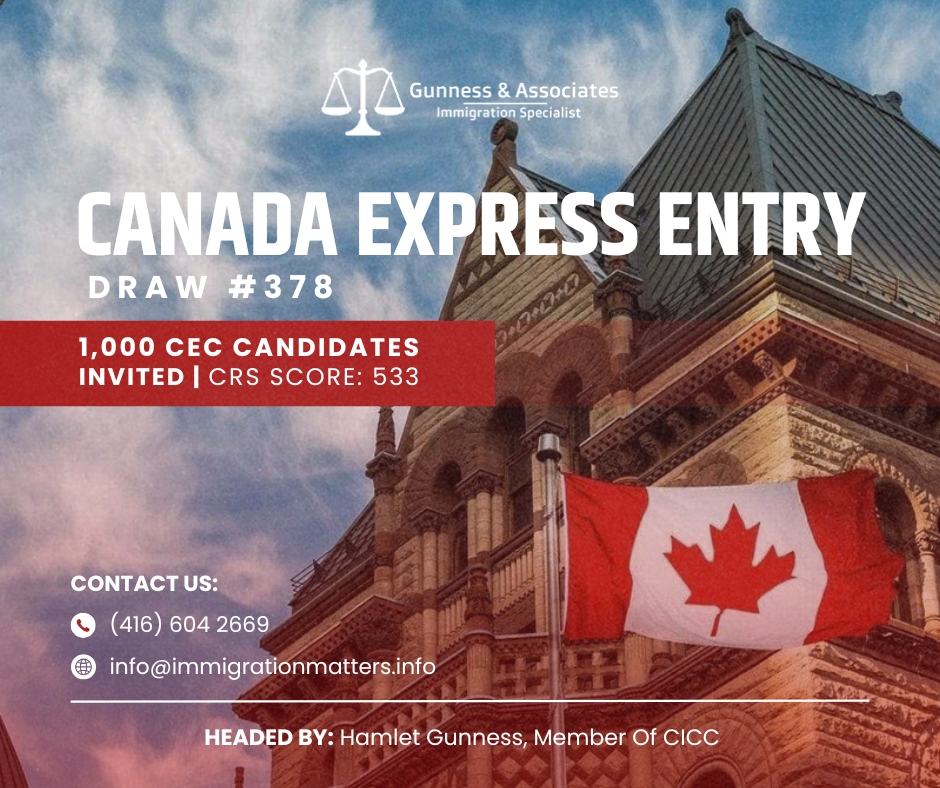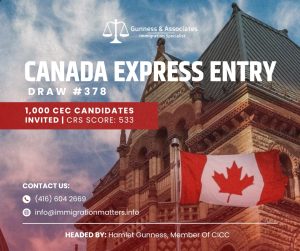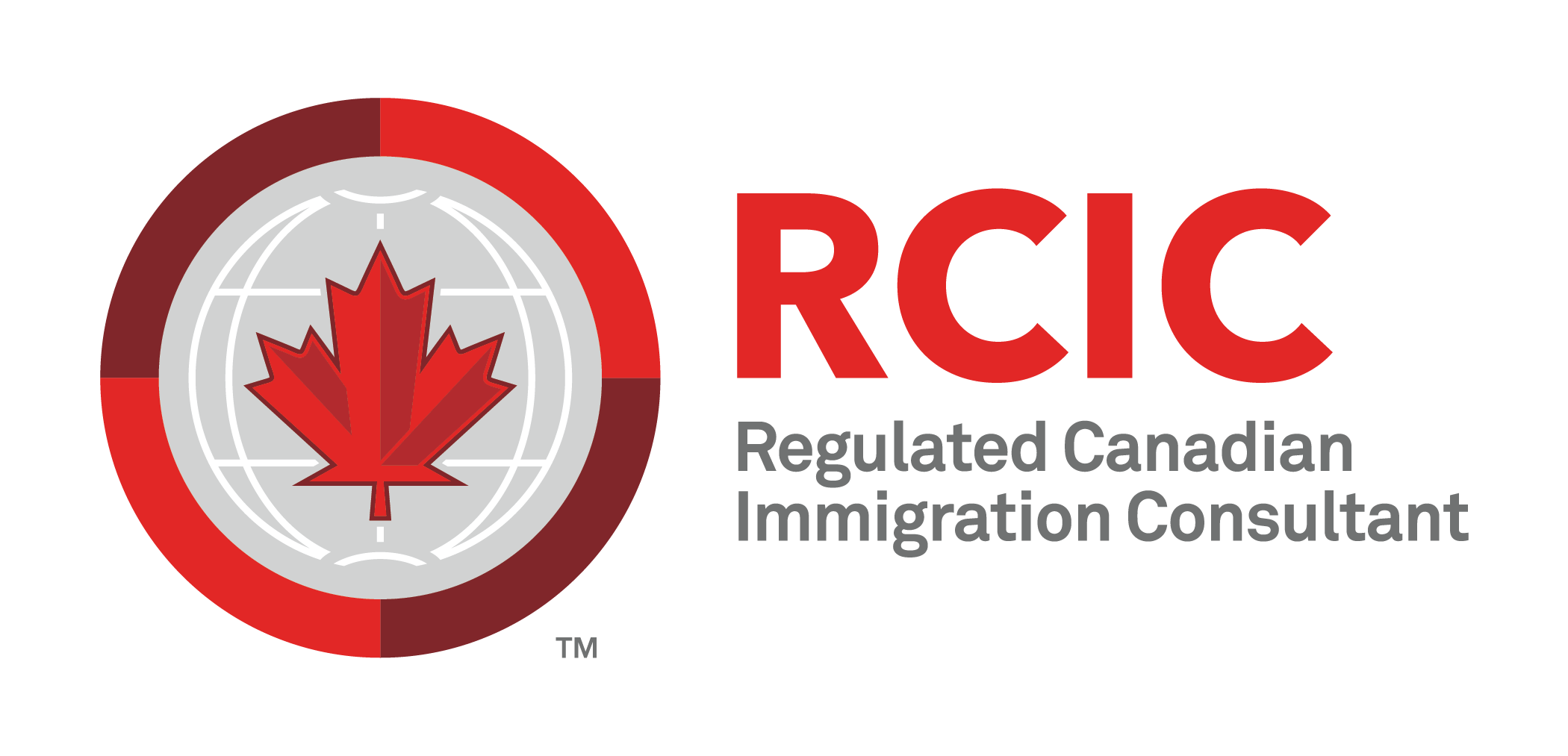The Conference Board released a report of PNP slots for international students
The Conference Board released a report recommending boosting PNP slots for international students. The Conference Board of Canada has announced that Canada could see an increase in international student immigration if the provinces could nominate more students through Provincial Nominee Programs (PNP). The most common way that former international students become permanent residents is through the PNP. By increasing the number of PNP slots for international students, Canada can make it easier for them to stay and help retain talent in the country.
According to Report After School:
According to the Conference Board of Canada’s report After School: Keeping International Students in Province, Canadian provinces also need to improve their settlement services for international students seeking permanent residence in Canada.
“Provincial governments should make an early investment in the success of overseas students to aid in their career and community link growth, which will ultimately promote retention.”
“The time after graduation can be uncertain. Without access to government-supported settlement services, international students are managing the transition to the labor market and the immigration system, according to the Conference Board of Canada”
“By ensuring that international students receive help from their post-secondary institution and from provincially supported settlement services, provinces can increase retention”
Rankings of Canadian Universities
Canada’s colleges and universities are known for their excellent global reputation.
Three Canadian universities—the University of Toronto (UofT), the University of British Columbia (UBC), and McGill University—placed among the top 100 in the ninth annual Best Global Universities ranking of 2,000 of these educational institutions worldwide.
Additionally, 15 more Canadian universities made it into the top 25 of the list of the top 2,000 universities.
The University of Toronto came in at number eighteen. UBC came in 35th. The third-best university in Canada is McGill University.
The following Canadian universities also ranked in the top 25% of all universities worldwide:
| University of Alberta | McMaster University | Université de Montréal | University of Calgary |
| University of Waterloo | University of Ottawa | University of Western Ontario | Dalhousie University |
| Simon Fraser University | University of Victoria | University of Manitoba | Laval University |
| York University | Queen’s University | University of Guelph |
Improving programs to keep overseas students in the country could significantly increase immigration, according to the most recent data from Immigration, Refugees and Citizenship Canada (IRCC).
Canada is on track to issue a record number of study permits.
With 418,260 international students getting a study permit in the first nine months of this year, according to IRCC data, Canada is on track to break its previous record for study permits issued.
If the current process continues, Canada may end this year with 557,680 study permits issued. That would be 113,200 more study permits than were given last year (444,480), or over 25.5% more.
With a rise from 219,035 in 2015 to record-breaking levels today, the number of study permits awarded to foreign students entering Canada has more than doubled since that year.
Once granted, a study permit enables a foreign individual to pursue their academic goals in Canada at an approved institution for the duration of the specified course or program.
There are some exceptions. Under the following circumstances, foreign people may attend school in Canada without needing a study permit:
- the academic course or program is shorter than six months in length;
- The student is either an employee or family member of a foreign representative in Canada or;
- The student serves in a foreign military.
Students who want to study in Canada must:
- have received acceptance from a Canadian school, college, university, or other educational organization.
- have demonstrated they have the financial means to cover their living expenses, tuition fees, and any additional family members they wish to bring to Canada with them.
- be law-abiding persons without a criminal history who do not pose a threat to Canada’s security. They can be required to offer a police certificate.
- be in good health and ready, if required, to undergo a medical examination.
- convince an immigration officer that they will depart Canada after their permitted stay is over.
International Students With Study Permits Are Allowed To Work In Canada
If the student is from a nation from which such visas are required for entry into Canada, a Temporary Resident Visa (TRV) may also be required. Visa-exempt nationals are exempt from this requirement.
Students are allowed to work during their studies in Canada by Immigration, Refugees, and Citizenship Canada (IRCC).
Under the following circumstances, a student may be allowed to work in Canada while they are studying:
- without a Work Permit on campus.
- with a work permit, off campus.
- with a work permit in co-op and internship programs, where practical experience is a requirement for admission.
For the period of the study permit, foreign students’ spouses or common-law partners are also eligible for employment permits.
A foreign student may use the Post-Graduation Work Permit Program to apply for a work permit after graduating. The work visa may be granted under this program for a maximum of three years, or for the duration of the study program.
To find out more details about “The Conference Board released a report recommending boosting PNP slots for international students” you can contact one of our immigration specialists at Gunness & Associates.
Tel: (416) 604-2669
Email: info@immigrationmatters.info
Gunness & Associates has helped thousands of people successfully immigrate to Canada with their families. Our skilled and experienced immigration experts have the expertise to accurately examine your case and advise you on the best method of proceeding to best serve your needs.
For honest and straightforward advice, contact the experts
Get a free Assessment
Join our newsletter and get up-to-date immigration news Click here
All rights reserved ©2022 Gunness & Associate







